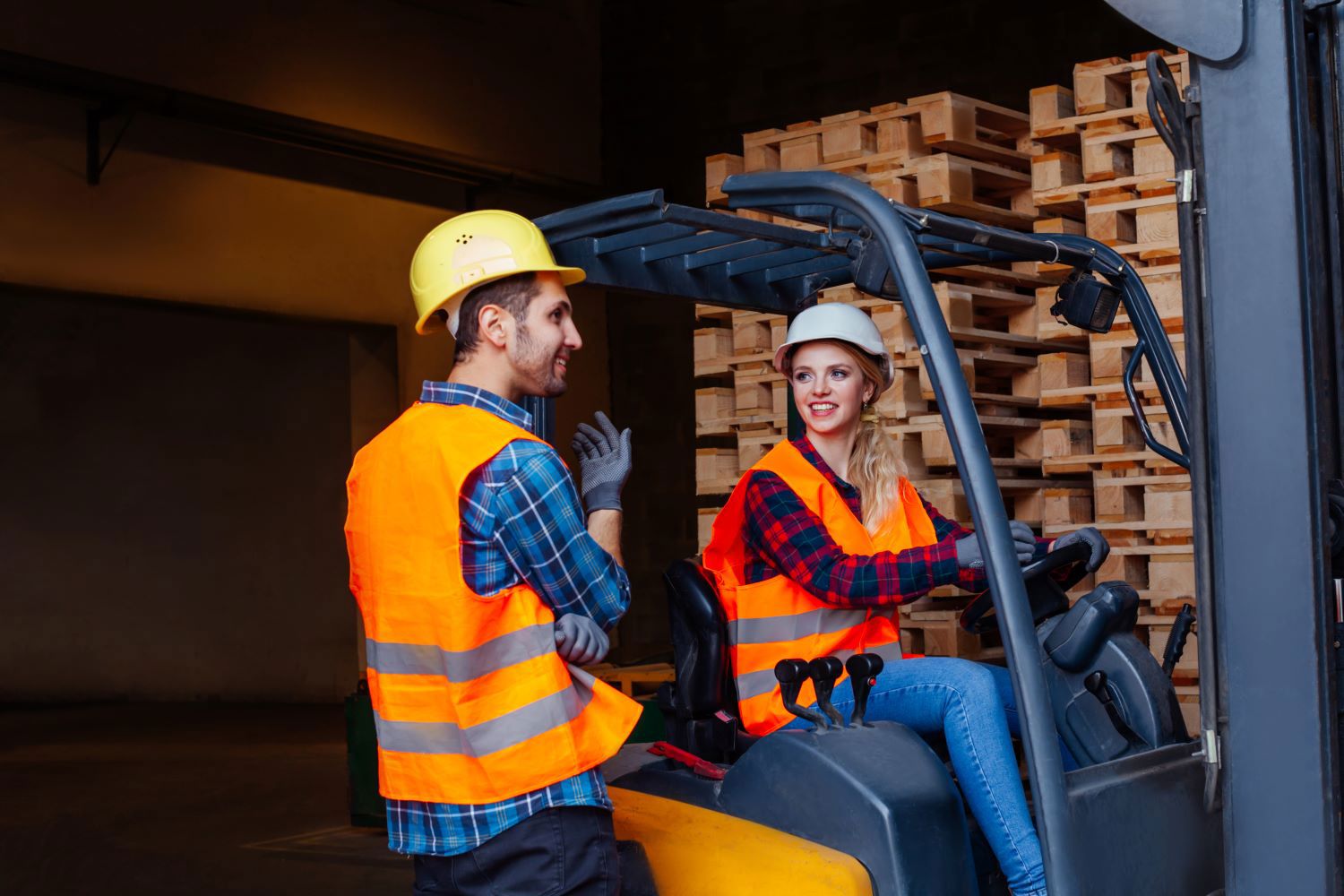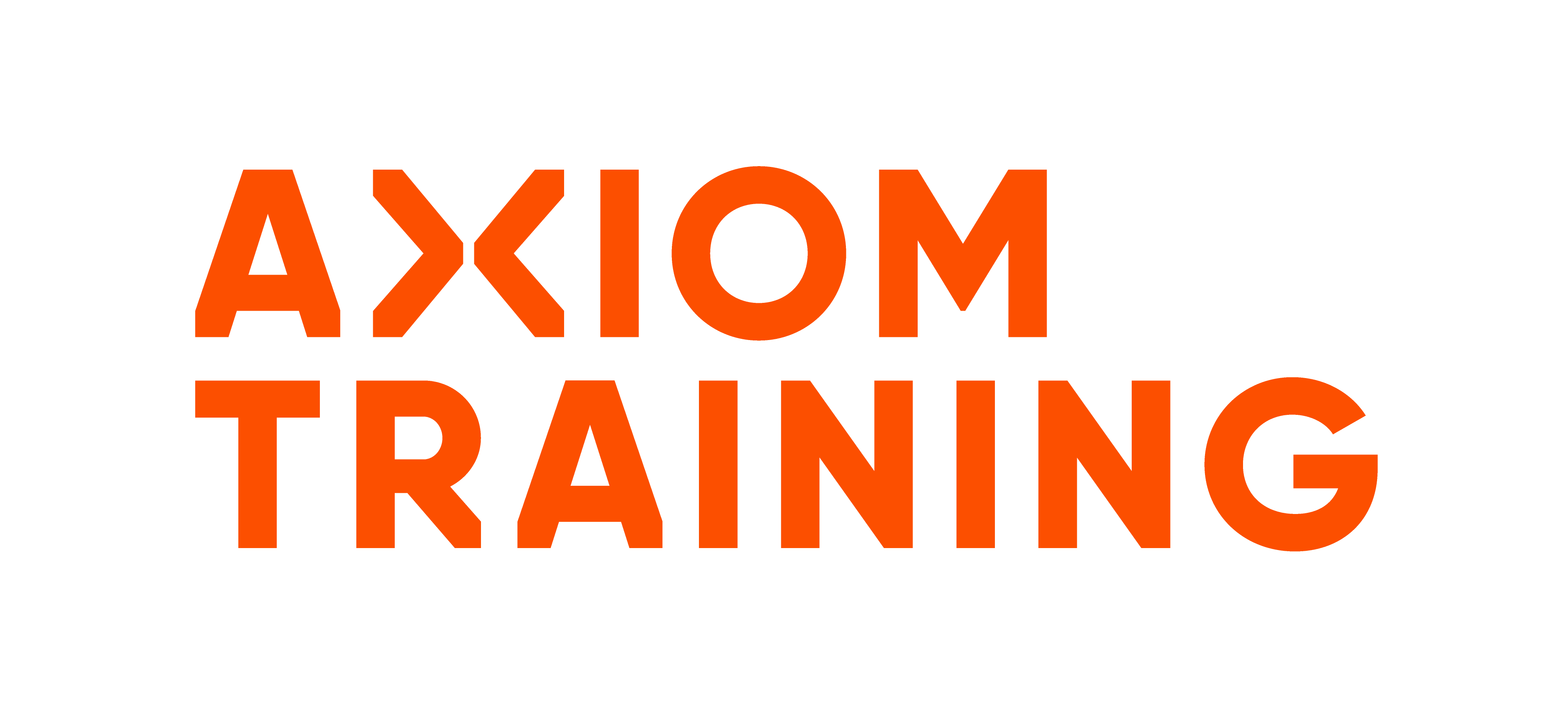Forklift FAQs
What is an F Endorsement?
- An F endorsement is required if you need to drive a forklift on public roads. Select this option during the booking process if applicable.
What is a Public Road?
- A public road is defined as any place accessible to the public, whether as of right or not. This includes driveways, car parks, and uncontrolled yards.
Do I Need a Full Driver Licence?
- Yes, a full Class 1 licence is required for the F endorsement. However, a driver licence is not needed for our Forklift Operator training.
How Often Do I Need a Refresher?
- Every three years. If your certificate expired within the last three months, you can still complete a refresher. An F endorsement remains valid as long as your driver licence is current and can be renewed when your licence is updated.
Can I Operate a 4-Ton Forklift with a Lower-Capacity Certification?
- Our training certify forklift operation, but employers must ensure operators are trained on workplace-specific machinery. Visit the WorkSafe NZ website for more details.
What is the Minimum Age for Forklift Training?
- The minimum age is 15. Under the Health and Safety in Employment Act, individuals under 15 cannot operate machinery in a workplace.
Is It Compulsory to Wear a Seat Belt on a Forklift?
- Yes, if a seat belt is fitted, it must be worn, especially when driving on public roads.
-
Where Can I do Forklift Training?
Training can be done on your site, tailored to your working environment, or at one of our training centres located nationwide.
Can an Australian Forklift Licence Be Used in New Zealand?
- Employers may accept Australian qualifications, but WorkSafe NZ recommends refresher training to address local legislation and operational differences.
Is a Telehandler Classed as a Forklift?
- If a telehandler has forks attached, it is classed as a forklift. However, key operational differences, such as load capacity charts, should be covered during training.
What Are the Types of Forklifts?
-
Common types include:
- Counterbalance Forklifts: Suitable for heavy loads with a rear counterweight.
- Reach Forklifts: Ideal for narrow aisle warehouses.
- Platform Forklifts: Designed for lifting workers safely.
- Straddle Pallet Forklifts: Allow low-level pallet lifting with adjustable legs
What Documentation Is Required for Forklifts on NZ Roads?
-
Forklifts operated on public roads must have:
- Registration and licence.
- Current Warrant of Fitness (WoF).
- Displayed documentation in compliance with the Land Transport Rule 1999.
Forklifts used solely on private roads do not require registration or a WoF.
What Are the Requirements for F Endorsement?
-
- A full Class 1 licence for forklifts up to 18,000kg.
- A Class 2 licence for forklifts over 18,000kg.
- Completion of NZQA unit standards 10851 and 18496.
- Employer authorisation for workplace-specific operations
What Are the Forklift Operator Training Details?
-
- Covers safe operation of forklifts such as reach trucks and counterbalance forklifts.
- Suitable for forklifts under 18 tonnes (Class 1 licence required) or over 18 tonnes (Class 2 licence required).
For more information check out our Forklift Operator page here
What Are the F Endorsement Training Details?
-
- Focused on NZQA unit standard 18496.
- Requires a full Class 1 licence.
- Enables driving forklifts on public roads, beaches, and curbs under the Road Code.
For more information check out our Forklift 'F' Endorsement page here



